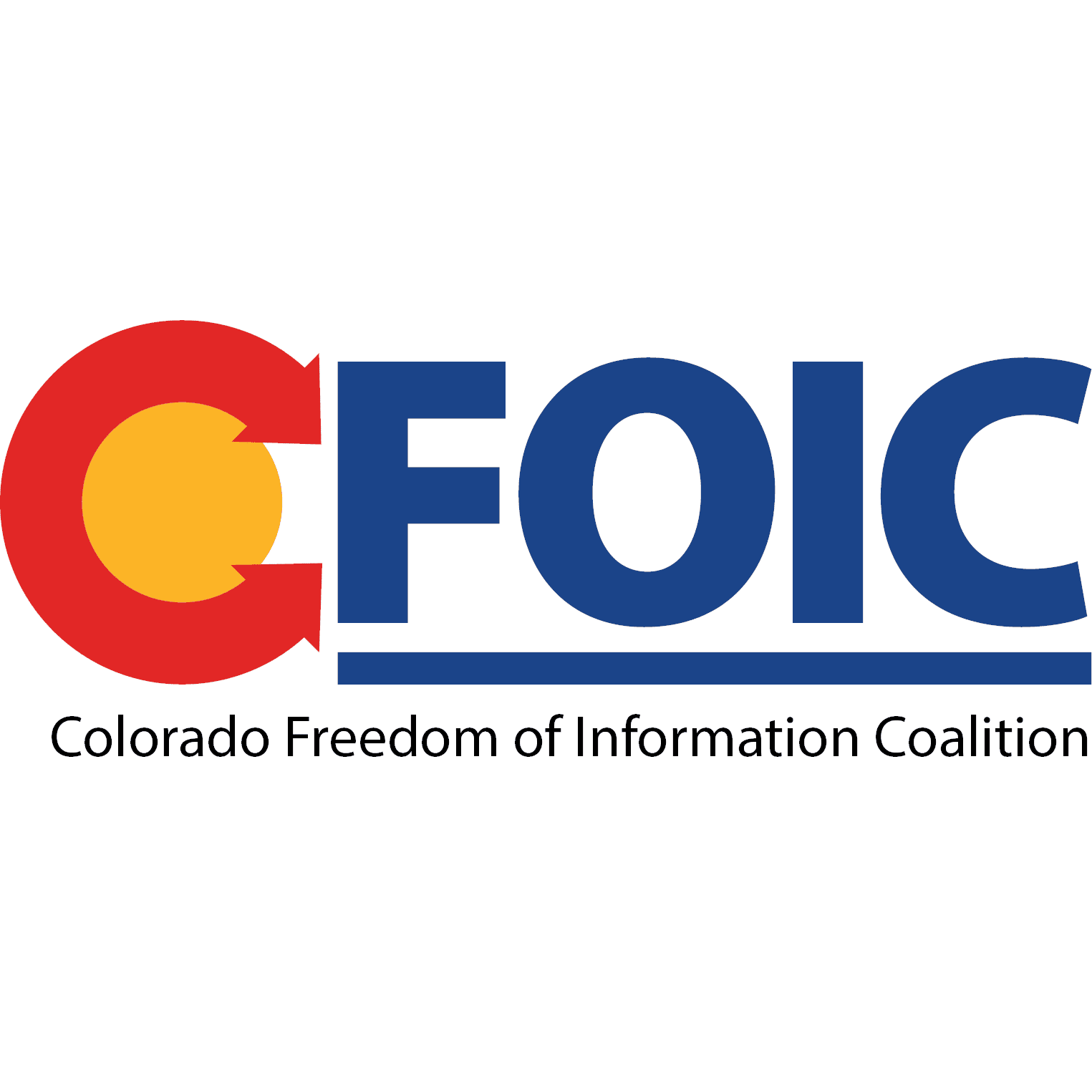For those concerned about access to government records in Colorado, the 2022 legislative session was notable for what didn’t happen — the introduction of a bill addressing frustrating issues such as expensive fees, email retention and slow responses by law enforcement agencies.
The Colorado Freedom of Information Coalition and the Colorado Press Association provided input on multiple versions of legislation drafted at the request of Sens. Chris Hansen, D-Denver, and John Cooke, R-Greeley.
But the effort fizzled about 20 days before the General Assembly adjourned Wednesday.
You can blame, to some degree, the complexities of the Colorado Open Records Act (CORA) and the Colorado Criminal Justice Records Act (CCJRA) as well as the busy legislative schedule of Hansen, who tried to take on public records reform while shepherding the state budget as vice chair of the Joint Budget Committee.
“I went into this process identifying specific issues that we wanted to solve, but each time we dug into one problem, you’d surface additional complications, and it really meant there was a huge amount of back and forth,” Hansen told The Denver Post. “We’re trying to find the right balance, but when you move a little it can have some really big ripple effects.”
Various drafts of the bill that never got introduced focused on problems identified by CFOIC in articles and research papers.
In a 2020 report, we called on the legislature to reevaluate CORA’s “unbalanced” research-and-retrieval fee provision. A 2019 CFOIC report tackled the retention of email messages by government entities, pointing out that “open records laws cannot serve their purpose if requested records no longer exist.” In a “wish list” article in late 2020, CFOIC identified several other aspects of open-government law in need of reform, such as the lack of a deadline for responding to most CCJRA requests.f

